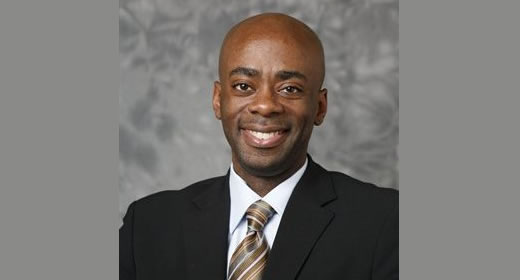
There was a time not too long ago when major U.S. banks simply refused to extend loans into many poor urban and rural areas of America. If one wanted, for instance, to build a new shopping center or a movie theater in parts of Harlem or the South Bronx during the 1970s and 1980s one faced a near-impossible task obtaining bank financing for the project. As a result, communities suffered from chronic underinvestment and dilapidated infrastructure. To a greater and greater degree that is no longer the case.
The change is thanks in part to places like the Community Development Group at JPMorgan Chase, where Ford School graduate Dudley Benoit (MPP '95) spends his days directing financial resources to non-profit financial intermediaries interested in developing affordable housing, daycare centers, charter schools and other valuable community facilities in low-moderate income areas across the U.S. He calls it "investing in emerging markets in this country." The outcome has been a series of impressive turnarounds in once-intractably underfinanced locations.
While he has found success in community investment lending, Dudley did not begin his post-Ford School career as an investment specialist. Upon graduation he worked as a policy researcher for MDRC, a nonprofit, nonpartisan social policy research organization based in New York City. The measured pace of research did not suit his taste for high-impact change. After two years at MDRC he jumped closer to the pulse of the financial world at JPMorgan Chase. In 2000 he paused for a brief stint at Seedco, an innovative non-profit community financing and technical assistance group, before returning to his current labors for the Community Development Group at JPMorgan Chase.
At every step along the way, Dudley merged his formidable analytical and communication skills—on full display in his rousing speech at the recent dedication ceremony for the Ford School's Weill Hall—with his passion for improving the lives of the poor in America. While he admits certain limitations to his work—building new schools, for instance, is not the same as building a new educational system—if the past is any guide there is no telling what an account of Dudley Benoit's efforts might contain in another ten years.
